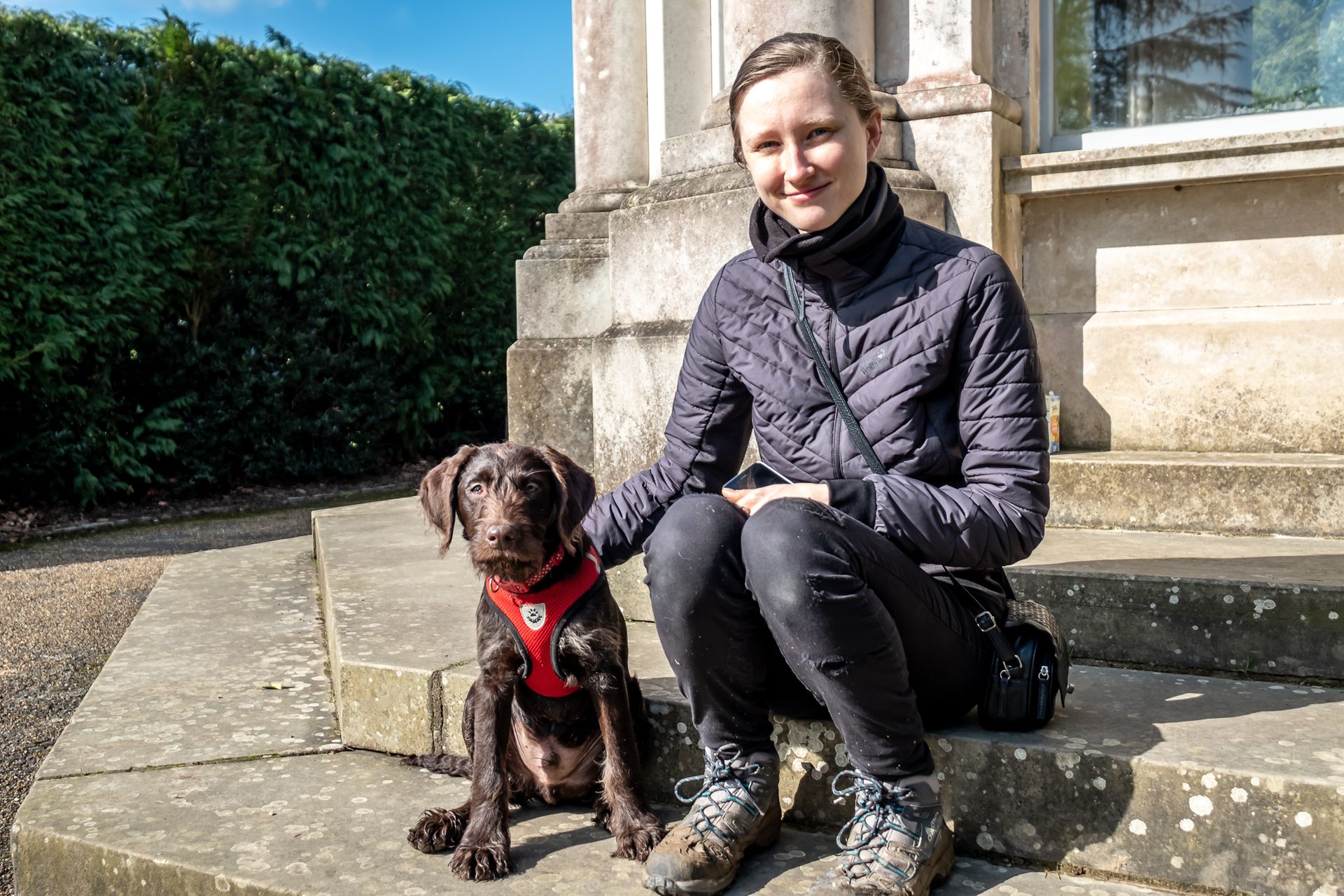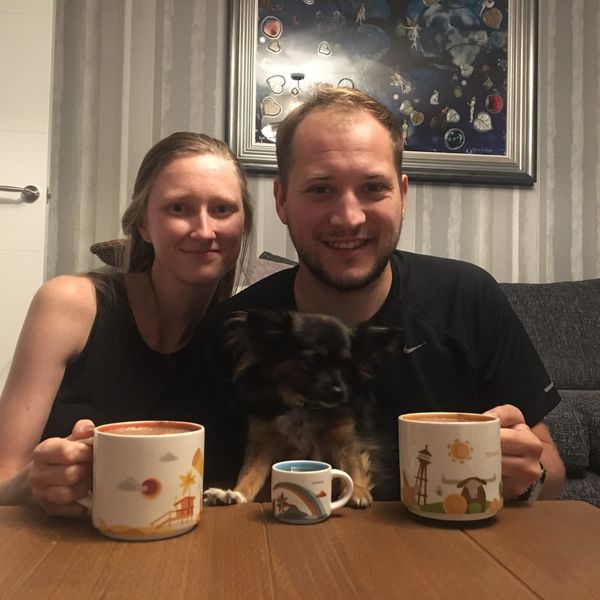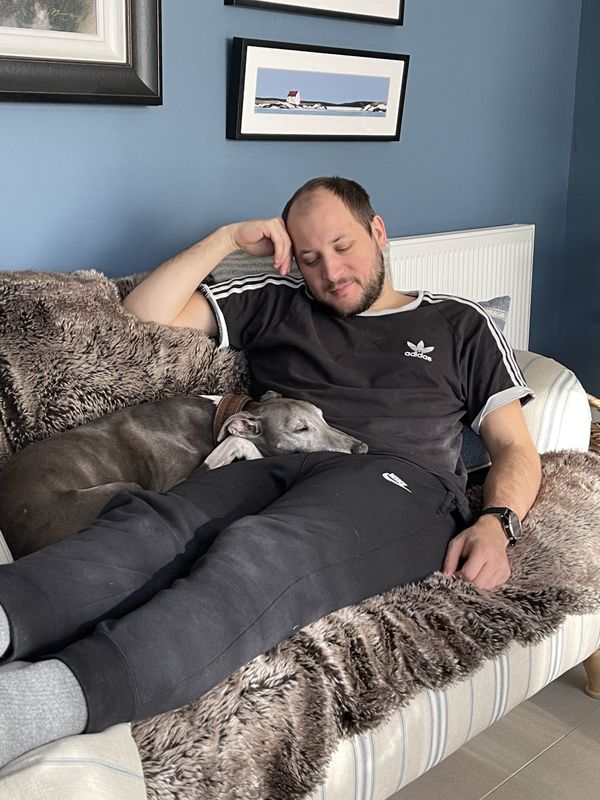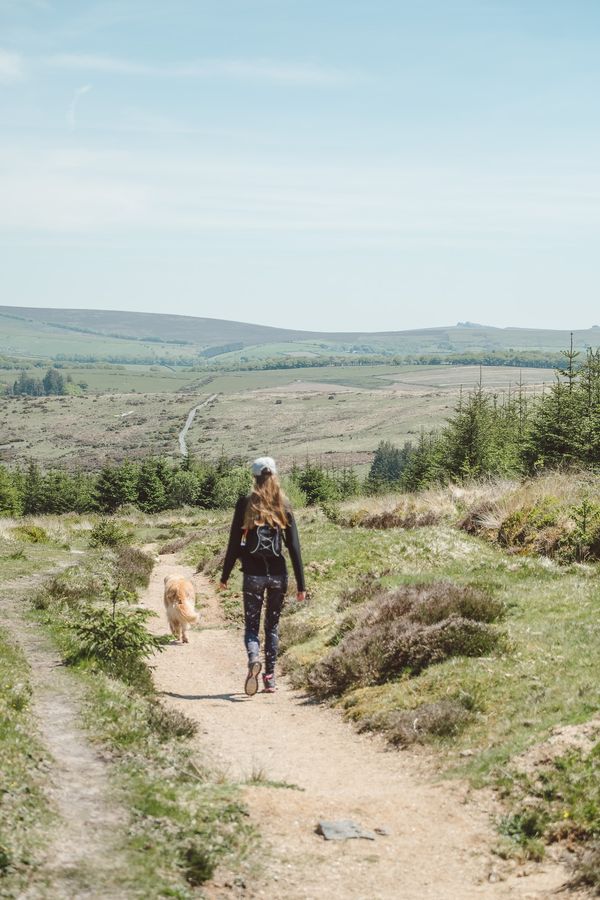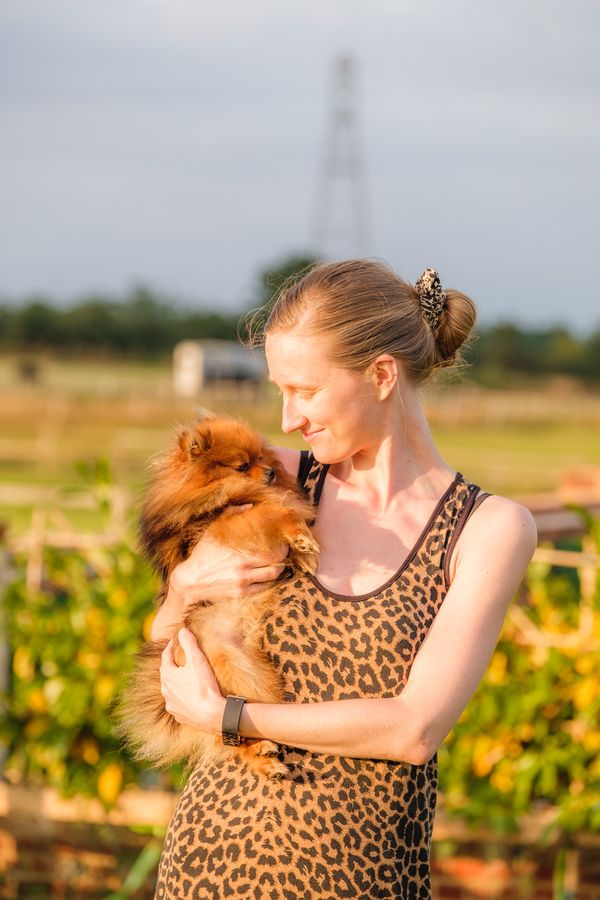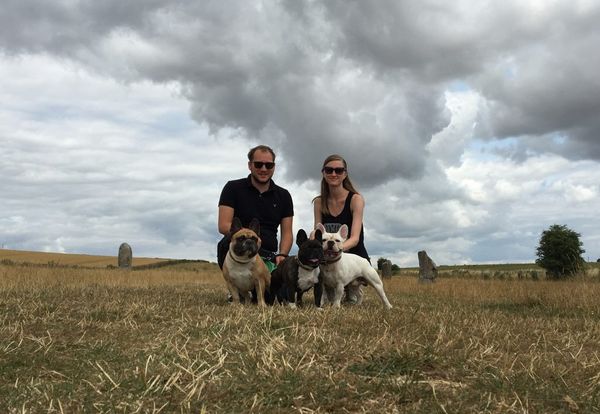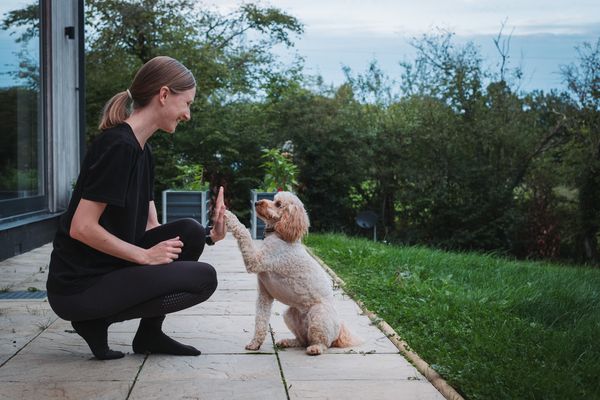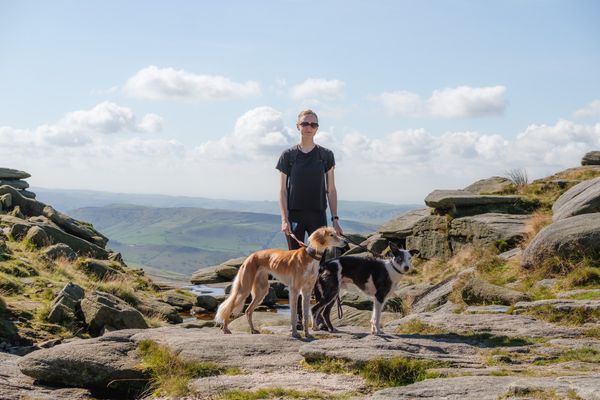When committing to any pet sit it’s important to ask questions to make sure you have all the information you’ll need for a smooth handover and stress-free experience. We’ve previously written an in-depth post containing questions to ask a pet owner for a house sit, but puppy care is always more involved. Over our years of pet sitting we’ve looked after puppies of all breeds, sizes and ages, and they all need high levels of attention and special care. Here’s what you’ll need to consider, and questions to ask the owner, when caring for a puppy:
Health and exercise
If the puppy is less than 12 weeks old, it’s important to ask the owner whether the pup has had all their vaccinations. It’s not recommended to take unvaccinated puppies outside, as the vaccinations protect dogs against serious diseases.
If the dog is fully vaccinated and allowed to go on walkies, we ask the owner how long the walks should be, if they have a usual route that the puppy is familiar with, and if the pup can go off-lead during our stay or whether we should keep them on-lead. It may also be a good idea to ask if the dog is well-socialised, in case you encounter other dogs on your walk. As well as lots of exercise, it’s important for puppies to get a good amount of rest too as all that growing and learning is tiring! If the puppy’s energy is high at home, you could ask the owner if the dog has any favourite toys that we could play with together in order to burn off some of that energy.
Training
The level of training a dog has received can depend on its age (a one-year-old will have had more time to learn that a six-month-old) and their breed (Collies and Retrievers are naturally obedient and easy to train, whereas Terriers take more time). After more than five years of full time pet sitting, we’ve realised that more often than not the level of training a puppy has is mostly dependent on the owners. No judgement here, but it’s why we recommend sitters obtain as much information as they can before accepting a puppy sit in order to understand what kind of situation you’re getting yourself into.
Whether a puppy has good (or any) recall is one of the first questions we ask relating to training, especially if the owner expects us to walk their puppy off-lead and we’ll need to call the dog back to us. No matter the age, we keep dogs on-lead for the first day or two at any pet sit until we can be sure the pooch is listening and responding to us. We always ask owners if there’s any training they would like us to continue with their puppy while they’re away, including any commands, any behaviours we should reward or discourage, and if there are any particular toys the pup responds well to. If the puppy receives treats as positive reinforcement, you should ask how many treats the pup can have each day.
Another element of puppy sitting is toilet training. We’ve experienced every level of toilet training imaginable, from owners training pups to use puppy pads in multiple room in the house, to owners who clean up accidents dozens of times a day and don’t bat an eyelid. It’s important to know what stage a puppy is at with their toilet training – if they use pee pads, if they get rewarded for going outside, how often they need to be let outside to wee, or if there are certain times during the day that they need to be taken on a ‘wee walk’.
In the home
If the puppy is at the older end of the scale, you can ask the owners if they have had pet sitters before, or if family members have looked after them while the owners have been away, and what the experience was like. Post-pandemic, the amount of dogs we’ve cared for with separation anxiety is heartbreakingly high as puppies bought during lockdown didn’t have the chance to properly socialise. We cared for a six-month-old mixed breed rescue dog who spent most of the day crying or barking for attention, having only been rescued a few weeks before. She wasn’t used to her owners or her new home yet, and while she did settle with us over our week together, it was a challenging pet sit for us and her.
One question we ask owners no matter the age is: ‘What is your routine?’ This will give you an insight into what your days on-sit will look like, including what time you’ll be expected to wake up to tend to the dog, and how much of your day will be dedicated to caring for specific puppy needs. General questions like feeding times, food quantities and where dog leads and poo bags are kept are also important, as well as where the puppy is allowed in the house. While pups are young, some owners may want to ensure their dog doesn’t get comfortable on furniture while they’re away! It’s rare that we’ll ever need to leave a puppy home alone while on a sit, but it’s worth asking the owner if the pup can be left and how long for, just in case.
This is a good time to ask about the puppy’s bedtime routine too – are they crate-trained, do they get contained in a certain room or are they used to sleeping in our bedroom? Will the puppy need to go out in the night and, if not, what time do they normally get let out for a last wee at night and the first wee in the morning? As sitters who have cared for more puppies than we can count, trust us – you’ll need to be prepared for a lot of clean up! Even if you rigidly stick to the routine laid out by the owner, it’s inevitable when looking after a puppy that you’ll have to clear up at least one accident…!
General things to consider
Below are a few things we ask at every house sit, but they’re worth highlighting in relation to puppy care. To see our full list, be sure to check out our Questions to Ask a Pet Owner post.
- Contact details for the owner, and perhaps a family member or friend nearby that you can contact if needed. Ask the owner to write down vet information too, just in case
- Where cleaning products are kept in the house (for cleaning up any puppy puddles…) and if there’s specific equipment to use for certain furnishings
- Would the owner like updates and/or photos while they’re away? Most owners would jump at the chance to receive daily pupdates, but it’s worth checking in case they will be at an event where they’d rather not be disturbed
If you found this post helpful, please support our blog by donating as little as £1 to our running costs! Thank-you!
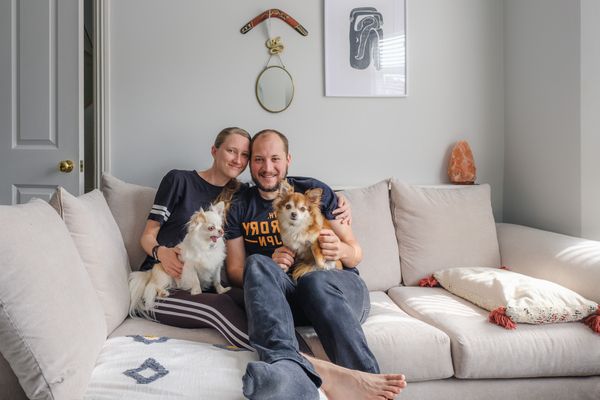
We are Chris+Suze
Latest Posts

Pet stain remover
We’ve found this pet-safe cleaner at so many house sits we’ve been to, and it’s one of the only products we know will work every time – so much so that we now travel with our own bottle! Accidents happen, especially with puppies and cats, and this cleaner is amazing at eliminating stains on soft furnishings and carpets – plus it removes any odours. Simply squirt the liquid on the area, use the handy brush to work it in, and let it work its magic!
